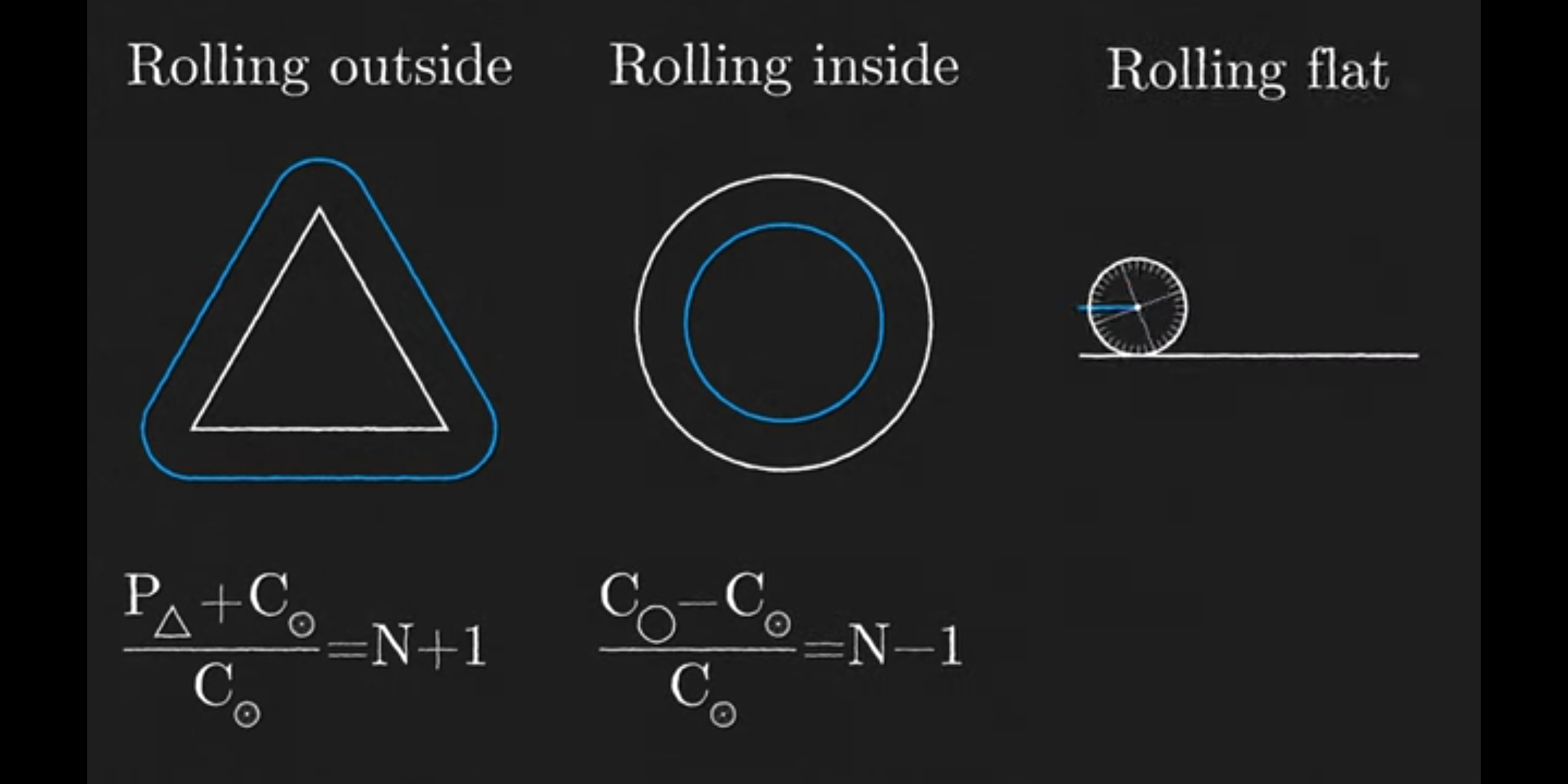simple@lemm.ee to Videos@lemmy.world · 11 months agoThe SAT Question Everyone Got Wrongwww.youtube.comexternal-linkmessage-square50fedilinkarrow-up1195arrow-down123
arrow-up1172arrow-down1external-linkThe SAT Question Everyone Got Wrongwww.youtube.comsimple@lemm.ee to Videos@lemmy.world · 11 months agomessage-square50fedilink
minus-squarebisby@lemmy.worldlinkfedilinkarrow-up2arrow-down1·edit-211 months agoIts not even remotely what you said. Its A/B+1 or A/B-1 for an interior loop. edit: I didn’t need to be this aggressive. It’s VAGUELY what you said. its (A+B)/B. You have missed the /B part… which is A/B + 1. in the example you gave, for radius 2 and 3… it would be 3/2 + 1 or 2.5. Not 5 (off by a factor of 2 because /B)
minus-squareschmidtster@lemmy.worldlinkfedilinkarrow-up1arrow-down4·11 months agoThey explain multiple ways to do it in the video. A circle with a radius of 2 and a circle with a radius of 3 would be 5.
minus-squarebisby@lemmy.worldlinkfedilinkarrow-up3·11 months agoNo they don’t N is the ratio of the circles and its just +1 or -1 depending on outer or inner.
Its not even remotely what you said. Its A/B+1 or A/B-1 for an interior loop.
edit: I didn’t need to be this aggressive. It’s VAGUELY what you said. its (A+B)/B. You have missed the /B part… which is A/B + 1.
in the example you gave, for radius 2 and 3… it would be 3/2 + 1 or 2.5. Not 5 (off by a factor of 2 because /B)
They explain multiple ways to do it in the video. A circle with a radius of 2 and a circle with a radius of 3 would be 5.
No they don’t
N is the ratio of the circles and its just +1 or -1 depending on outer or inner.